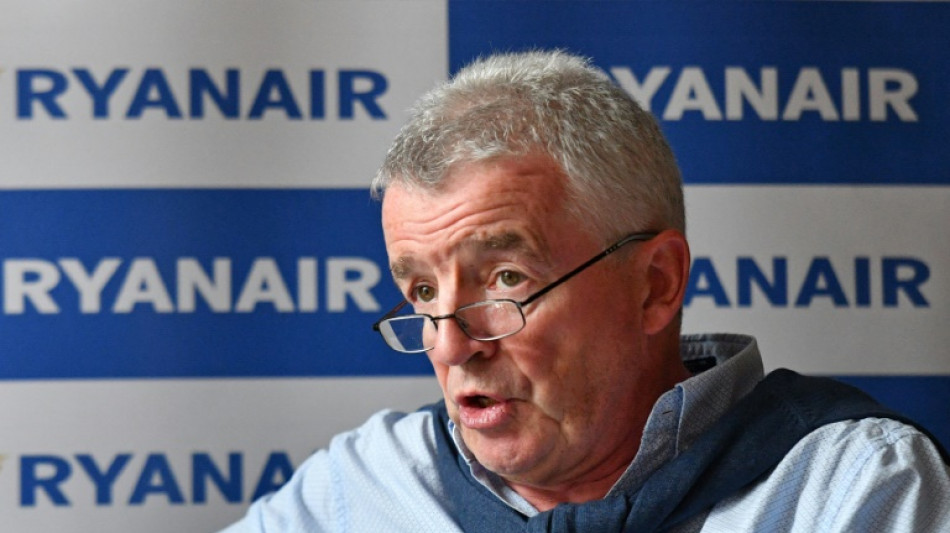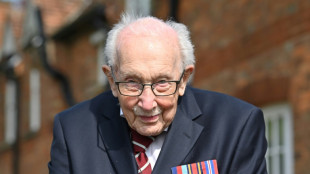

Ryanair chief expects 'strong recovery', Covid and Ukraine permitting
Ryanair chief executive Michael O'Leary said Thursday he expected a strong rebound in the airline's activity but said the recovery was fragile due to Covid and the geopolitical situation.
O'Leary also told AFP he believed the Boeing 737 MAX, which was grounded for 20 months following two fatal accidents, was "reestablishing its credibility".
The 737 MAX jetliner has been gradually returning to service since the end of 2020 following a crash in Indonesia in 2018 and another in Ethiopia five months later that together killed 346 people.
Speaking on the sidelines of an Airlines for Europe meeting in Brussels, O'Leary said the Ukraine war and soaring oil prices over supply fears posed a risk after several months of passenger numbers being hit by the pandemic.
"We were coming strong in February and then the Ukraine invasion has cost us probably a million passengers in February and March as well," he told AFP in an interview.
"So are we confident? No. But if there are no further significant disruptions, either Covid or Ukraine related, then I think there will be a very strong recovery, we could well get to 165 million passengers," he said.
He said that the airline, which flies mainly throughout Europe and to north Africa, had 65 737 MAX aircraft, which use 40 percent less kerosene.
O'Leary said travellers had reacted well to 55 of those planes now being back in operation.
"We thought there would be some customers hesitant to flying on a Boeing MAX. So we put up procedures. If you don't want to fly on the MAX, you can fly on the next available aircraft," he said.
But "not one passenger in six months" had done so.
He said that instead, passengers had welcomed more leg room, a "much quieter flying experience on board the aircraft".
"The MAX is re-establishing its credibility after the two-year hiatus after the Ethiopian and the Indonesian accidents," he said.
It "has now accomplished over a million flights in North America and Europe, and safety has gone away as an issue for the MAX aircraft", he said.
Ch.Brandes--HHA



